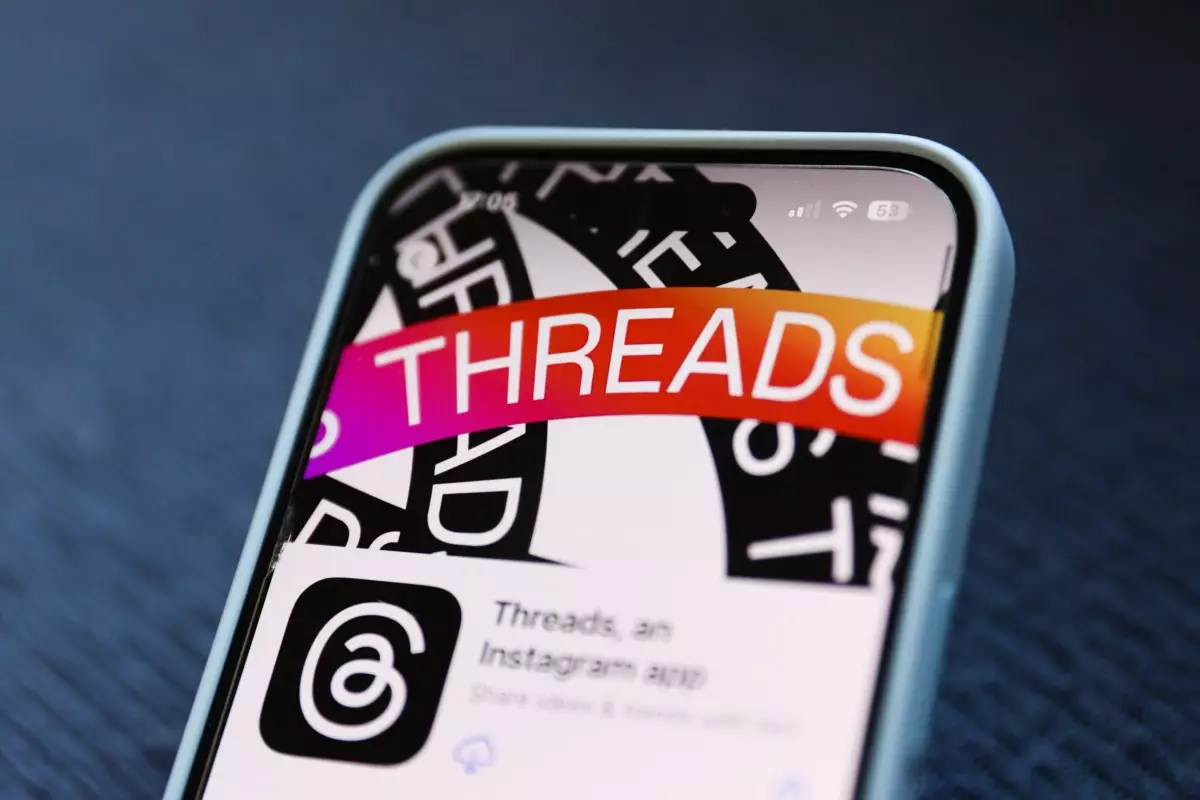Threads, a social network gaining traction under the Instagram umbrella, has made headlines with its latest feature designed to simplify the resharing of photos and videos. Effective innovation can significantly enhance user experience, and Threads aims to provide just that with its new “Use media” option. This feature allows users to directly reshare media to their feeds while adding personal commentary. Although this technique seems promising on the surface, it raises critical questions about content ownership, user control, and the potential ramifications for original creators.
By allowing users to share images and videos with a mere click, Threads aims to foster creativity and dialogue around trending content more efficiently. This feature, as articulated by Instagram’s head, Adam Mosseri, is intended to leverage existing media for fresh creative interpretations. While the convenience of quickly sharing media without the cumbersome process of traditional quote-posting is commendable, the quick and easy accessibility of original content can lead to unintended consequences. The ability for users to effortlessly reshare content raises valid concerns about ownership and the potential dilution of original creators’ credit and traffic generation.
Attribution is vital in maintaining respect among creators, and Threads seems to recognize this by ensuring that original media remains credited. The attribution tag appearing on the upper left corner of reshared images is a strategic move to reinforce acknowledgment. Nonetheless, reliance upon this feature does not fully address the underlying issues creators face when their work is reshared without their express permission. Even with the option to turn off media reuse settings, the question remains: how effectively will users be protected against unwanted redistribution of their intellectual property?
User feedback presents a mixed bag. While many have welcomed the feature for its potential to invigorate conversation around popular media, others have raised concerns about their work being casually reshared without their consent or a clear pathway for maintaining control. When Mosseri’s announcement elicited requests for disabling the resharing option, it became evident that not all users find the feature beneficial. The response from Threads, indicating that users can indeed manage how their media is utilized, attempts to placate dissent but may come across as reactive rather than proactively addressing concerns.
As Threads rolls out this feature, it stands at a crossroads between facilitating engagement and protecting creators. It is imperative for social media platforms like Threads to not only introduce innovative features but also to cultivate a culture of respect toward content creators. The success of the “Use media” feature will largely depend on ongoing dialogue with users and adaptive measures that prioritize original creators’ rights. In the rapidly evolving landscape of social media, managing the balance between innovation and ownership will be a challenge that Threads must navigate with care.

